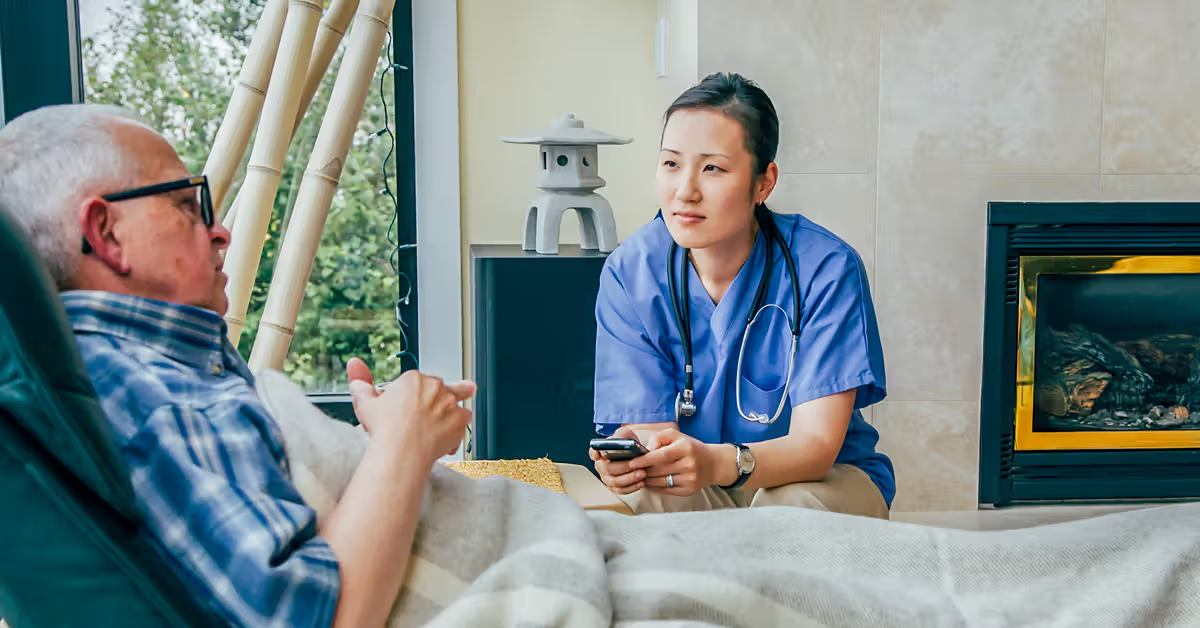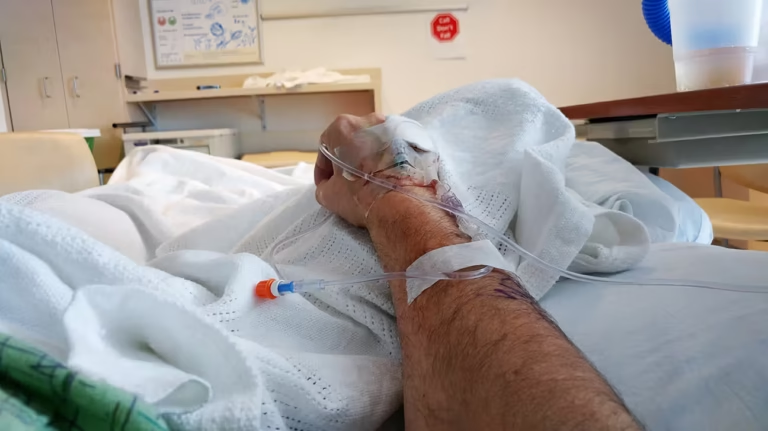Cancer is a word no one wants to hear, but if you or a loved one is diagnosed, understanding your care team is the first step toward healing. One of the most important members of that team is the oncologist—a doctor who specializes in cancer diagnosis, treatment, and follow-up care.
Let’s dive into what oncologists do, the types you might encounter, and how to prepare for your first appointment.
👨⚕️ What Is an Oncologist?
An oncologist is a physician trained in diagnosing and treating cancer. They create personalized treatment plans based on your pathology reports—factors like cancer type, stage, location, and likelihood of spread.
Because cancer is often treated with a combination of methods, you’ll likely work with multiple types of oncologists during your care journey.
🔍 Types of Oncologists You May See
1. Medical Oncologist
Your main cancer doctor—they oversee your chemotherapy, immunotherapy, hormone therapy, or targeted drug therapy. They also help manage side effects and long-term monitoring.
2. Radiation Oncologist
They use high-energy radiation (like X-rays or proton beams) to kill or shrink tumors. Radiation may be delivered externally or internally (called brachytherapy).
3. Surgical Oncologist
Often involved early in your diagnosis, surgical oncologists perform biopsies and may remove tumors or affected tissues. They also help you prepare for and recover from cancer-related surgeries.
4. Pediatric Oncologist
They treat cancer in children, such as leukemia or brain tumors. Pediatric oncologists often collaborate closely with families and specialize in making children feel as safe and informed as possible.
5. Gynecologic Oncologist
These specialists treat cancers in women, including ovarian, cervical, and uterine cancers. They may also manage non-cancerous but complex gynecological conditions like endometriosis or fibroids.
6. Hematologist-Oncologist
If you’re diagnosed with blood cancers like leukemia, lymphoma, or myeloma, you’ll likely see a hematologist-oncologist. They also treat blood disorders like sickle cell anemia and hemophilia.
📅 Preparing for Your First Oncology Appointment
It’s normal to feel nervous. Here’s how to make the most of your visit:
✅ What to Bring
- A trusted friend or family member to take notes or offer emotional support
- Your medical records, test results, and a list of medications or supplements
- A notepad or notes app with your questions or concerns
🧠 What to Expect
- A thorough health history and exam
- Additional blood tests or scans
- An overview of your treatment options
- Possible meetings with financial counselors or nurse navigators
Don’t worry if you feel overwhelmed—many patients feel a mix of shock, anxiety, or even numbness during the first appointment. It’s okay to ask for things to be repeated or explained more simply.
❓ Questions to Ask Your Oncologist
Use these sample questions to guide your conversations:
- What are we hoping to learn from this test or scan?
- What kind of cancer do I have, and what stage is it?
- What are the possible side effects of this treatment?
- Are there other treatment options I should know about?
- How successful has this treatment been for others with my diagnosis?
- When can I expect to return to work or daily activities?
- Are there any clinical trials available to me?
💡 Tip: Write your questions down before the appointment. It’s easy to forget them when emotions run high.
🧪 What Tests Might Be Ordered?
An oncologist may recommend:
- Blood tests (e.g., tumor markers)
- Imaging tests (CT, MRI, ultrasound, PET)
- Biopsies (to examine suspicious tissues)
- Genetic tests (to help tailor treatment)
These help form a complete picture of your condition and guide your treatment plan.
🎓 What Kind of Training Does an Oncologist Have?
Becoming an oncologist takes years of specialized training:
- Medical Oncologist:
- Medical degree → Internal medicine residency (3 years) → Oncology fellowship (2–3 years)
- Surgical Oncologist:
- Medical degree → General surgery residency → Surgical oncology fellowship (2 years)
- Radiation Oncologist:
- Medical degree → Internal medicine internship → Radiation oncology residency (4 years)
Each subspecialty includes in-depth training in both technical care and emotional support for patients navigating cancer.
🏥 How to Find a Good Oncologist
Here’s how to find one that’s right for you:
- Ask your primary care doctor for referrals
- Use your insurance provider’s directory
- Find accredited cancer centers through:
- Commission on Cancer (CoC) Locator
- American Cancer Society
Be sure to check the oncologist’s hospital affiliations, patient reviews, and areas of specialization.
🧾 Bottom Line
An oncologist is a crucial part of your cancer care team. From diagnosis to treatment and beyond, these doctors guide patients with knowledge, compassion, and precision. You may interact with multiple oncologists depending on your cancer type, each playing a vital role in your care.
If you’ve been referred to an oncologist, take a breath. You’re in capable hands—and understanding what to expect can help ease some of the fear.
Get Trusted Support from The Medicine Villa
At The Medicine Villa, we understand how overwhelming a cancer diagnosis can be. That’s why we offer fast, discreet, and affordable access to oncology support medications like Ivermectin, Mebendazole, Fenbendazole, and other essential supplements that many patients explore as part of their care journey.
We provide USA to USA delivery, flat 50% OFF with code TMV50, and free shipping on orders over $199 — ensuring peace of mind when you need it most. Visit our Cancer Support section to explore your options and empower your wellness path. To learn more about the types of cancer and treatment options, you can also visit this detailed Healthline guide.
























